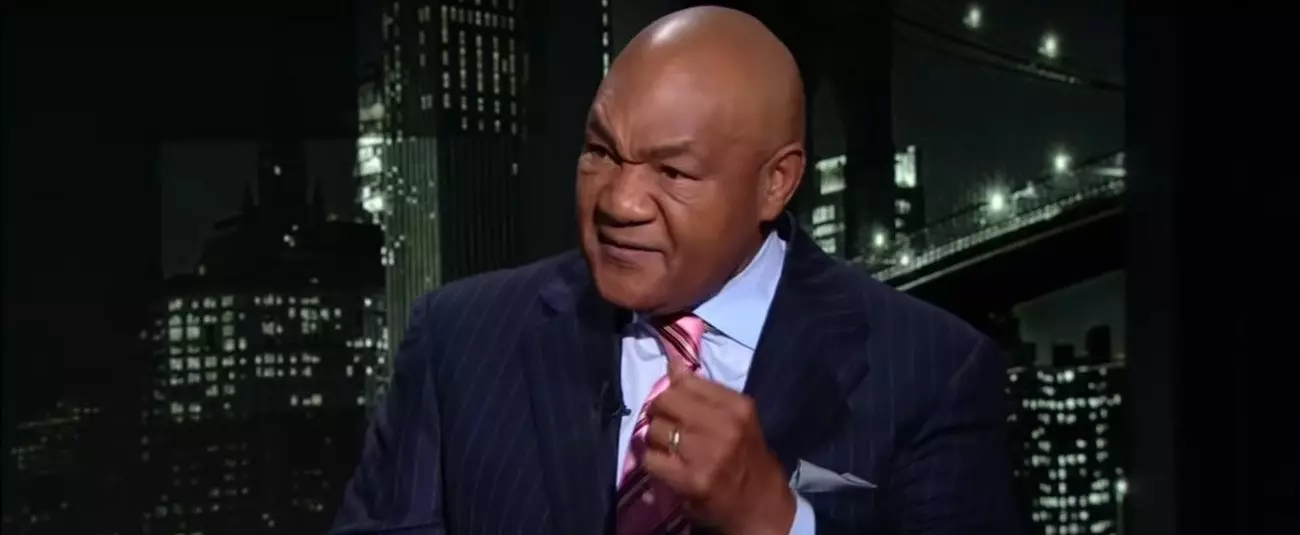In the autumn of 1987, boxing saw the return of one of its most formidable icons, George Foreman, who stepped back into the ring at the age of 38 after a lengthy hiatus. This comeback was shrouded in intrigue as it unfolded only months after his initial re-entry into the sport in March of the same year. Foreman was not merely a former champion trying to relive past glories; he brought with him the kind of legacy that few boxers can claim. His opponent for the sixth round in this notable fight was Bobby Crabtree, affectionately known as “The Fighting Hillbilly.” Crabtree’s multifaceted career, marked by determination and grit, is reminiscent of a bygone era of boxing that had its share of colorful characters and charismatic fighters.
For many, Foreman represented an insurmountable challenge, but Crabtree approached this bout with the bravado of youth and ambition. At just 28 years old, he entered the ring weighing in at a trim 201 pounds—a weight that, by today’s standards, might have relegated him to the cruiserweight division. Yet, in an era dominated by larger heavyweights, this was seen as somewhat small, but Crabtree wasn’t intimidated; he felt an advantage stemming from Foreman’s perceived age and fragility.
The Fight: A Closer Look
The match itself, though it would end in a loss for Crabtree, is remembered for its competitive nature. It was a testament not just to the prowess of Foreman, but also to Crabtree’s resilience and tenacity. It is claimed that some of Crabtree’s punches momentarily jarred Foreman, indicating that even legends are not invincible. “I hit him with some good shots and his face kind of buckled a little bit,” crabbed Crabtree, showcasing how fleeting the glimmer of success can be against a titan.
This kind of reflection speaks to the ethos of boxing, where moments of triumph are often fleeting. For Crabtree, the fight remained not just a memory of personal loss but a badge of honor—a demonstration of bravery against one of the sport’s most formidable figures. The fact that Foreman would later declare that Crabtree made him reconsider his comeback speaks volumes about the intensity of that encounter.
Crabtree’s Reflections on Legacy
When asked where he would rank George Foreman among the greats, Crabtree’s answer came with the calm certainty of someone who has navigated the tumultuous seas of the boxing world. He described Foreman as being “right at the top,” especially when considering that Foreman reclaimed the heavyweight title at an astonishing 45 years old. This ability to transcend age and expectations is a significant element of Foreman’s legacy, and it resonates with anyone who has faced life’s adversities.
Crabtree himself, while humble, acknowledges his place in boxing history. He has endured grueling fights and faced numerous opponents, racking up a record of 56 wins against 35 losses. His recollections of specific bouts—like the dramatic knockout of King Ipitan—display a vibrant memory filled with stories of triumph, heartbreak, and valuable lessons learned.
The Demands of Boxing and Current Reflection
Crabtree does not shy away from discussing the physical toll that boxing has taken on his body. Having lived the life of a warrior, he recounts the struggles he faces today, including ongoing treatments for a neck ailment, which was exacerbated by years of combat in the ring. This candid admission lends weight to the often-untold narrative of professional athletes who grapple with the long-term ramifications of their careers. Yet, through it all, Crabtree continues to push forward, embodying the fighting spirit he’s showcased throughout his career.
In an age where personal touch and camaraderie can feel neglected, Crabtree’s desire to honor Foreman through attending his funeral speaks volumes. It showcases respect and the kinship that exists within the boxing community—a brotherhood forged in the immense pressure of the ring, where each fighter understands the stakes involved, physical or otherwise.
His narrative isn’t just a reflection on Foreman’s life or their encounters; it represents the shared experiences and challenges that define the journey of a fighter. Bobby Crabtree’s life in boxing reminds us that while fame can be fleeting, the respect earned and the connections made are timeless. This blend of resilience, admiration, and the unwavering spirit to keep fighting captures the very essence of the sport itself—one that is beautifully brutal yet profoundly human.

